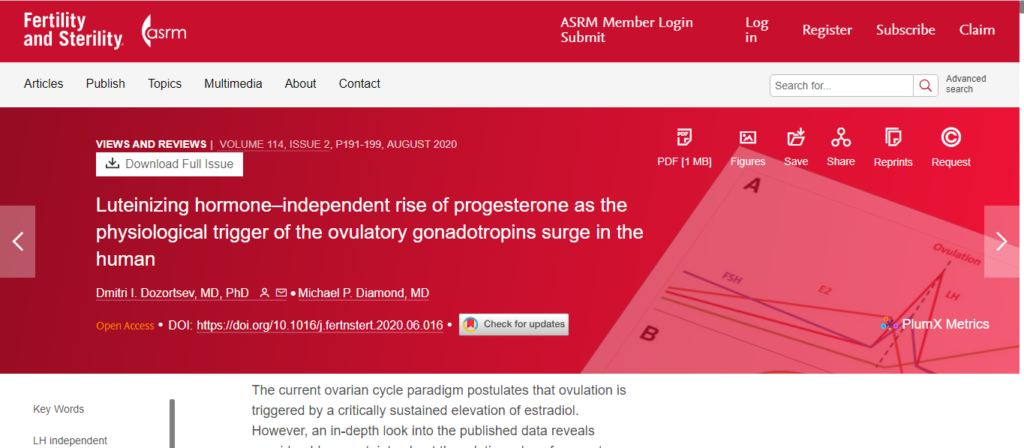IMPROVING SPERM HEALTH BY BALANCING THE REPRODUCTIVE ENVIRONMENT
Male Fertility Microbiome
Many men are surprised to learn that the health of their reproductive tract microbiome can directly affect fertility. Subtle infections or imbalances may silently damage sperm quality, reduce motility, and increase DNA damage. At Advanced Fertility Center of Texas (AFCT), we offer advanced microbiome testing approaches. By performing detailed sperm microbiome tests, we identify hidden microbiome-related issues to improve sperm health and enhance chances of successful fertilization and embryo development.


